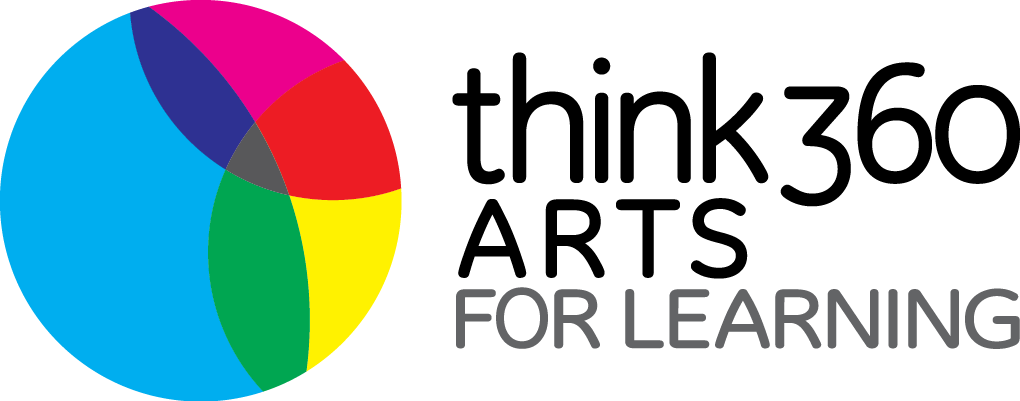
In early life…
Arts engagement in early childhood education promotes cognitive development, social-emotional development, creative problem-solving and independent thinking, as well as learning through sensory-rich engagement.*
Think 360 Arts employs the Wolf Trap Institute model, which leads to numerous gains in language development, logic and math, literacy and social-emotional growth.
For developing children…
Engagement in the arts leads to higher school attendance rates, improved graduation rates and decreased behavioral incidents. Students – who see the greatest improvements in these indicators of school success when given access to high-quality arts education – are statistically much less likely to attend schools with robust arts programs.*
Think 360 Arts minimizes this inequity, through subsidies that range from 50%–90% for Title I schools with diverse populations, the primary beneficiaries of Think 360 Arts’ programming.
Throughout our lives…
Participatory arts activities improve mental health and social connection.
- Singing improves mental health and subjective well-being
- Taking dance classes bolsters cognition and motor skills and lessens the likelihood of developing dementia later in life
- Playing a musical instrument has myriad positive effects, including dementia risk reduction
- Visual arts practice increases social engagement, psychological health and self-esteem *
Think 360 Arts’ Creative Aging program targets historically marginalized populations throughout the state, combatting isolation and providing connection to isolated older adults.
Creative Aging ParticipantSo many things happen in all of our lives that merit remembering. This class you so kindly
offered us set a fire under me. It’s like a faucet that you can’t turn off. With so much time on
my hands it’s a great pastime to learn about and a real stimulus.
Additional Resources
To learn more, we invite you to explore AEP ArtsEdSearch – a project of the Arts Education Partnership — the nation’s hub for research on the impact of arts education.
